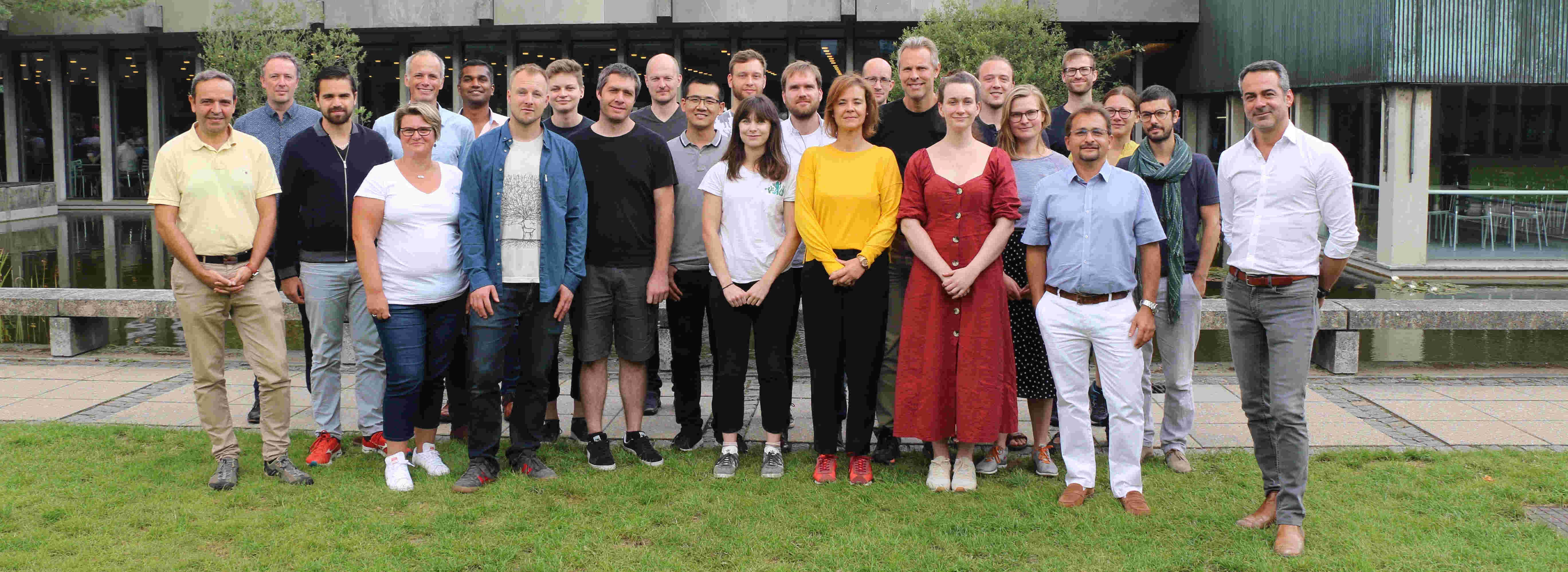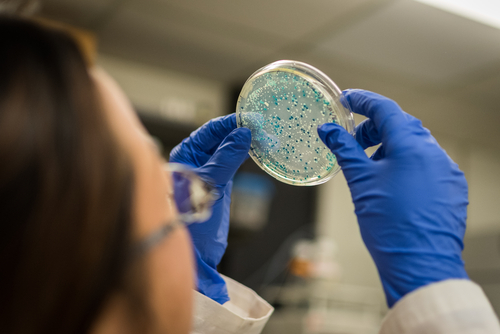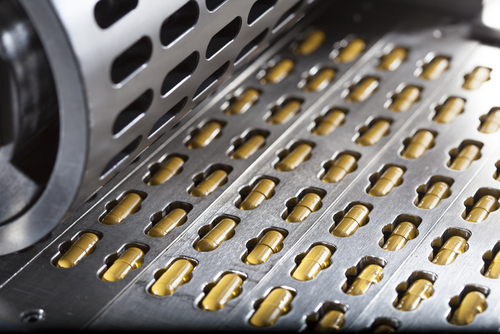
our mission
Plants produce some of the most potent human therapeutics and have been used for millennia to treat illnesses. Despite the huge repertoire of plant-derived pharmaceuticals, most of these products do not make it to the market because they are found in minute quantities in plants, they are difficult to extract, and there is limited knowledge about their biosynthetic pathways.
It is exemplified with monoterpenoid indole alkaloids (MIAs) that are plant secondary metabolites showing a remarkable structural diversity with more than 2000 MIAs derived from a common precursor and pharmaceutically valuable biological activities. Potent anti-cancer drugs irinotecan, vinblastine and vincristine, and anti-Alzheimer tabersonine are some of the few established MIA therapeutics on market.
Our mission is to develop new tools and methodologies to discover complex biosynthetic pathways in plants
and optimize their production in microbes.
Our objectives
Standards in synthetic biology
Promote standardisation of bioengineering by developing organism-specific standard operating procedures (SOPs) and characterizing in vivo > 100 DNA elements for control of gene expression, protein interactions, and sub-cellular localisation
Enzyme and pathway discovery
Develop a new approach for MIA biosynthetic pathway discovery in plants founded on supervised learning algorithms based on omics data sampled from > 20 MIA producing plants
Pathway bioCAD
Develop and validate a cloud-based computer-aided design platform (bioCAD) for the redesign and optmimization of complex multi-step metabolic pathway in yeast using a multi-scale simulation approach.
Expected impact
Sustainable production of plant-derived active pharmaceutical ingredients

Current production routes for plant-derived therapeutics rely mainly on plant extractions and/or multistep chemical synthesis. Plant extraction pathways are subject to several limitations with regards to their global process efficiency. They usually require large quantities of plants/seeds, and with low-percentage extraction yields (e.g. 1.5% of tabersonine from Voacanga africana seeds). In addition, the extraction process is rarely quantitative and requires huge amounts of solvents and energy to recover the active ingredients, but also to purify them, leading to costly and non-environmentally-friendly processes. Altogheter, API extraction fromk natural source is caution to climatic conditions, ecological regulations, and even geopolitical considerations related to the exploitation of natural resource in under-developed coountries. Our goal is to decouple the discovery process from the manufacturing process by developing sustainable bioproduction routes based on yeast and off-the-shelf carbon source.
Enabling rational design of microbial factories
We will design and characterize genetic control elements for synthetic biology, contributing to the standardisation of synthetic biology genetic parts and gene clusters. These genetic control elements will be developed and tested using the MIA biosynthetic pathways, but they will be useful for a broad range of plant biosynthetic pathways and pathways from numerous other organisms as well as unnatural pathways that might be developed to produce commodity and specialty chemicals that shall otherwise be produced from petroleum. Several companies have been founded with the idea of producing complex, high-value chemicals in bacteria and yeast, including Amyris, Zymergen, and Ginkgo (in the US) and Evolva, DSM and others (in the EU). While all of these companies have products on the market or near to market, all have struggled to engineer their chosen microbial host to produce in large scale as they do in the laboratory. Part of the reason for the struggle to reproduce production conditions from small scale to large scale is the lack of well characterized, reusable DNA parts.

New active pharmaceutical ingredients

who we are
DTU (DK) Jensen's group
Technical University of Denmark is one of the leading university in Europe that leverages on 5,800 staff scientists to create innovative solutions that meet the demands of society. Dr. Michael Krogh Jensen is the coordinator of MIAMi and will lead the development of microbial cell factories for MIA production and small-scale bioprocesses.
KU (DK)Janfelt's group
The University of Copenhagen has ranked as no. 30 in the world and no. 6 in Europe in the latest Academic Ranking of World Universities. Dr. Christian Janfelt will leverage his experience in miniature mass spectrometry and in particular DESI-MS ionization technique to elucidate metabolites cellular localization.
UT – EA2106 (FR)Courdavault's group
University of Tours is a multidisciplinary university dedicated to the promotion of cutting-edge technologies with a strong focus on bio-medecine. Dr. Vincent Courdavault and his group (from EA2106 – BBV lab) will be in charge of identifying some key genes involved in the synthesis of valuable alkaloids of Rauwolfia serpentina.
MPI JENA (DE)O’Connor's group
The Department of Natural Product Biosynthesis at the Max Planck Institute for Chemical Ecology in Jena investigates the role, diversity and characteristics of chemical signals which control the interactions between organisms and their environment . Dr. Sarah Ellen O’Connor will lead the biosynthetic pathway discovery, taking a multi-disciplinary approach to discover new genes involved in natural products biosynthesis.
FG-Tech (NL)
Future Genomics Technologies BV (FG-Tech) develops new applications of the latest sequencing technology, with an emphasis on de novo genome assembly and transcriptome profiling using state-of-the-art genomics tools, including Illumina’s MiSeq and NovaSeq 6000 short read sequencers and Oxford Nanopore Technologies’ GridION and PromethION long read sequencers.
Axyntis Group (FR)
Axyntis Group is the independent leader of the fine chemical sector in France with more than 460 employees and 3 FDA- and GMP-compliant production sites. Sébastien Rose is Axyntis’s R&D Vice-President and will lead the technology transfer from lab to industrial scale leveraging on more than for 10 years experience in API development from the end of medicinal research up to clinical phases I & II.
EXPLORA (IT)
Explora Biotech’s mission is to develop enabling technology for forward engineering of biological system. Within this framework, Explora developed Doulix a cloud-based solutions for the rational design of engineered biological systems following the paradigms of synthetic biology of abstraction, decoupling, and standardization.